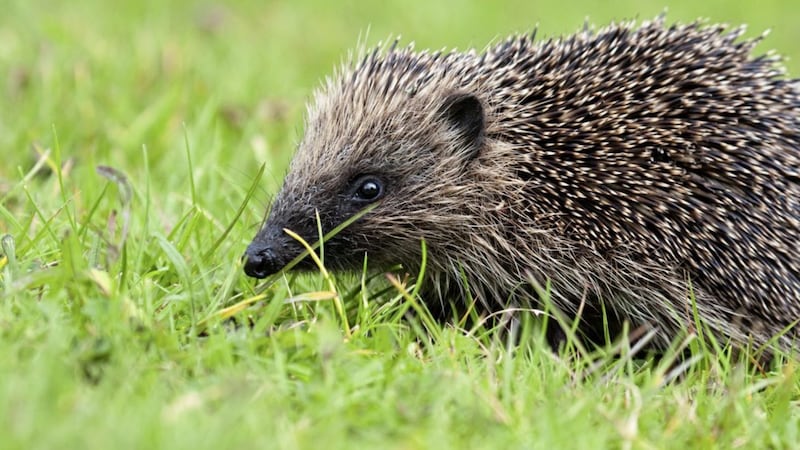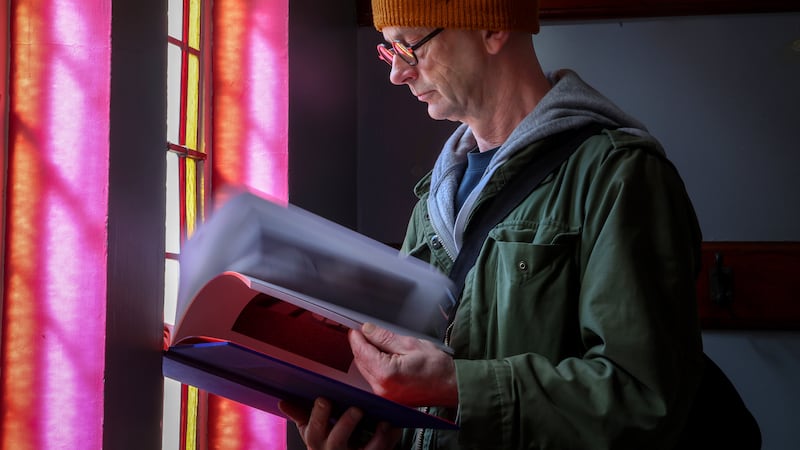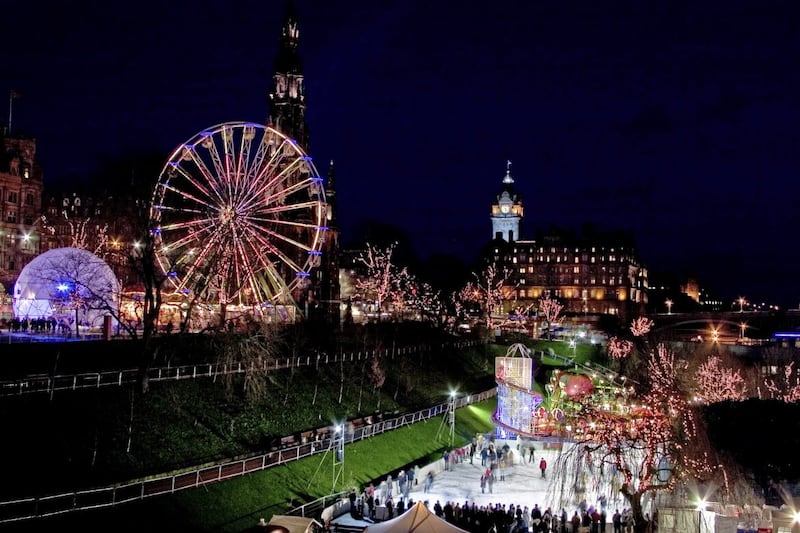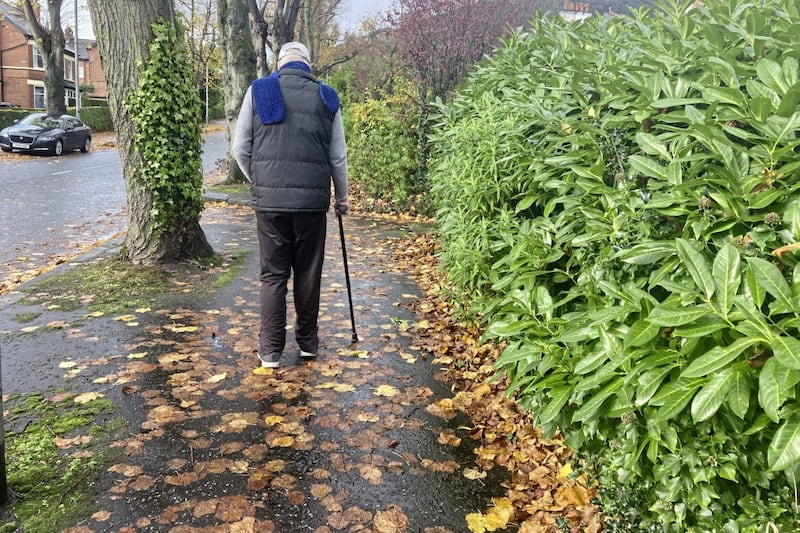EAMONN Holmes may not know it but he has given a boost to hedgehogs all over the country. Thanks to turning to a cupping treatment to tackle the dreadful back pain he's been experiencing for years, he's been dubbed 'Eamonn the Hedgehog'.
The 'cups' on the television presenter's back are an alternative therapy; these are placed on the skin to create suction, increase blood circulation and so improve the flow of energy which in turn, it's alleged, promotes healing, an ancient idea introduced as far back as 370BC when practised by the Greek physician Hippocrates.
I've had this done by practitioners of traditional Chinese medicine using little glass jars and there was a lot of talk about balancing the yin and yang, facilitating the flow of life force.
I can't remember there being any improvement in my back pain, so it will be interesting to see if Eamonn has more luck.
BACK TO HEDGEHOGS
They need all the positive publicity they can get. Gone are the days of Mrs Tiggy-Winkle, Beatrix Potter's lovable hedgehog washerwoman living a simple life where there wa's no household gadgets to do the chores. On the other hand Alice wasn't too pleased when she saw the Red Queen using a hedgehog as a croquet ball in Wonderland...
Today it's gadgets that have helped devastate the hedgehog population by a staggering 95 per cent in the last 70 years - the use of strimmers, petrol-driven lawnmowers, pest control and, of course, many are squashed on the roads thanks to speeding cars.
Decking in our gardens has also taken away their natural habit and as hedges have given way to tight wooden fencing the little creatures are hemmed in and are no longer able to roam and to forage like little piglets - hence 'hedgehogs'.
They are protected by law and there's a petition calling on the government to make sure every new housing development builds in gaps for 'hedgehog highways'.
We should take up the challenge here in Northern Ireland where there aren't many of these spiny mammals to be seen in gardens or the countryside in general.
Sir David Attenborough is president emeritus of the Wildlife Trusts, including Ulster Wildlife.
"The truth is, the natural world is changing," he says. "We are totally dependent on that world.
"It provides our food, water and air. It is the most precious thing we have and we need to defend it."
This local charity's vision is of a wilder future where people and nature are thriving together, to protect and restore nature on land and at sea. Their mission is "to play our part in ending the climate and ecological emergencies, creating a society where nature is valued and is part of our daily lives.
"Our wildlife is in trouble but we can bring nature back and create a wilder future for us all. Nature is in crisis and declining at rates unprecedented in human history.
"Ulster Wildlife has a plan to not only slow the loss of nature, but to actively reverse its decline. Check out our vision for a wilder future by 2030."
OBVIOUSLY IT'S URGENT
You could help by adopting an animal, including hedgehogs, for £25 a year and so support its care at the hands of Ulster Wildlife.
Babies are very tiny at this time of year and if their mother is disturbed in her nest she's likely to abandon them - even eating her newborns. The daddy doesn't bother and quite likely isn't around any more.
Yet these make lovable pets apparently - one commercial ad I saw offered a 'female pygmy' for £100. "We've just posted some beautiful babies looking for their forever homes," it read.
Hedgehogs were once seen as bad luck where laying hens were concerned because they liked to eat their eggs. In the 1500s hedgehogs were believed to be witches in disguise and the English parliament placed a three pence bounty on a head, dead or alive, yet they are beneficial to both farmers and gardeners as they eat beetles, caterpillars and earwigs, slugs and snails and - given half a chance - probably puppy dogs tails too.
Babies, called hoglets, are born blind and only open their eyes at around 14 days and in six weeks they will sport 2000 spines an inch long - sharp spiked hairs which drop out and are replaced every 12 months or so.
The advice is to feed them dog or cat food and plenty of water but never milk. If you find one in the garden and you think it's poorly or injured, house it in a box with air holes, keep it warm, move it using a towel or heavy gloves. If you are worried contact the USPCA.
It's a rough life for a hedgehog. Thank goodness for the USPCA, who rescue not only hedgehogs but also badgers, birds of prey, swans and foxes - just some of the animals treated and released back into their native habitat.
USPCA details are at uspca.co.uk and they deal with cruelty issues as well as the rescue and rehoming of a pet which can no longer be looked after by the owner.
More about the petition by calling up 'change.org - hedgehogs'.
Find out about adopting an animal at ulsterwildlife.org.








